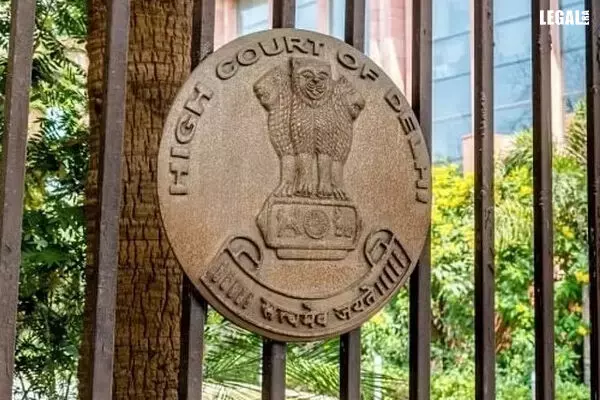- Home
- News
- Articles+
- Aerospace
- AI
- Agriculture
- Alternate Dispute Resolution
- Arbitration & Mediation
- Banking and Finance
- Bankruptcy
- Book Review
- Bribery & Corruption
- Commercial Litigation
- Competition Law
- Conference Reports
- Consumer Products
- Contract
- Corporate Governance
- Corporate Law
- Covid-19
- Cryptocurrency
- Cybersecurity
- Data Protection
- Defence
- Digital Economy
- E-commerce
- Employment Law
- Energy and Natural Resources
- Entertainment and Sports Law
- Environmental Law
- ESG
- FDI
- Food and Beverage
- Gaming
- Health Care
- IBC Diaries
- In Focus
- Inclusion & Diversity
- Insurance Law
- Intellectual Property
- International Law
- IP & Tech Era
- Know the Law
- Labour Laws
- Law & Policy and Regulation
- Litigation
- Litigation Funding
- Manufacturing
- Mergers & Acquisitions
- NFTs
- Privacy
- Private Equity
- Project Finance
- Real Estate
- Risk and Compliance
- Student Corner
- Take On Board
- Tax
- Technology Media and Telecom
- Tributes
- Viewpoint
- Zoom In
- Law Firms
- In-House
- Rankings
- E-Magazine
- Legal Era TV
- Events
- News
- Articles
- Aerospace
- AI
- Agriculture
- Alternate Dispute Resolution
- Arbitration & Mediation
- Banking and Finance
- Bankruptcy
- Book Review
- Bribery & Corruption
- Commercial Litigation
- Competition Law
- Conference Reports
- Consumer Products
- Contract
- Corporate Governance
- Corporate Law
- Covid-19
- Cryptocurrency
- Cybersecurity
- Data Protection
- Defence
- Digital Economy
- E-commerce
- Employment Law
- Energy and Natural Resources
- Entertainment and Sports Law
- Environmental Law
- ESG
- FDI
- Food and Beverage
- Gaming
- Health Care
- IBC Diaries
- In Focus
- Inclusion & Diversity
- Insurance Law
- Intellectual Property
- International Law
- IP & Tech Era
- Know the Law
- Labour Laws
- Law & Policy and Regulation
- Litigation
- Litigation Funding
- Manufacturing
- Mergers & Acquisitions
- NFTs
- Privacy
- Private Equity
- Project Finance
- Real Estate
- Risk and Compliance
- Student Corner
- Take On Board
- Tax
- Technology Media and Telecom
- Tributes
- Viewpoint
- Zoom In
- Law Firms
- In-House
- Rankings
- E-Magazine
- Legal Era TV
- Events
Delhi High Court: Winding-Up Petition Can Be Transferred To NCLT Without Formal Application

Delhi High Court: Winding-Up Petition Can Be Transferred To NCLT Without Formal Application
The Delhi High Court has ruled that a winding-up petition filed under the Companies Act can be transferred to the National Company Law Tribunal (NCLT) even if no formal application for such transfer has been made.
The case involved a petition by Cowi India Pvt Ltd (Cowi) under the Companies Act, 1956, seeking the winding-up of Pinnacle Air Pvt Ltd (Pinnacle) due to its inability to pay debts. Pinnacle requested the transfer of the matter to NCLT Delhi.
Justice Amit Mahajan, while allowing the transfer, observed that no substantive proceedings had taken place regarding the winding-up. The Court considered whether it could transfer the petition in the absence of a formal application. While Cowi argued that a separate application was necessary, Pinnacle contended that there was no legal bar preventing the Court from ordering the transfer without one.
The Court held that Pinnacle’s written submissions could be treated as a valid transfer request and that no separate application was required.
“In view of the respondent’s express request for transfer and legal precedents affirming that a formal application is not indispensable, this Court finds no impediment in treating the written submissions as an application for transfer of the present petition to the NCLT," the Court stated.
The court clarified that when the party’s intent is evident from the record, the Court is not bound to insist on a separate application. Consequently, the petition was transferred to the NCLT, Delhi Bench, for further proceedings.


